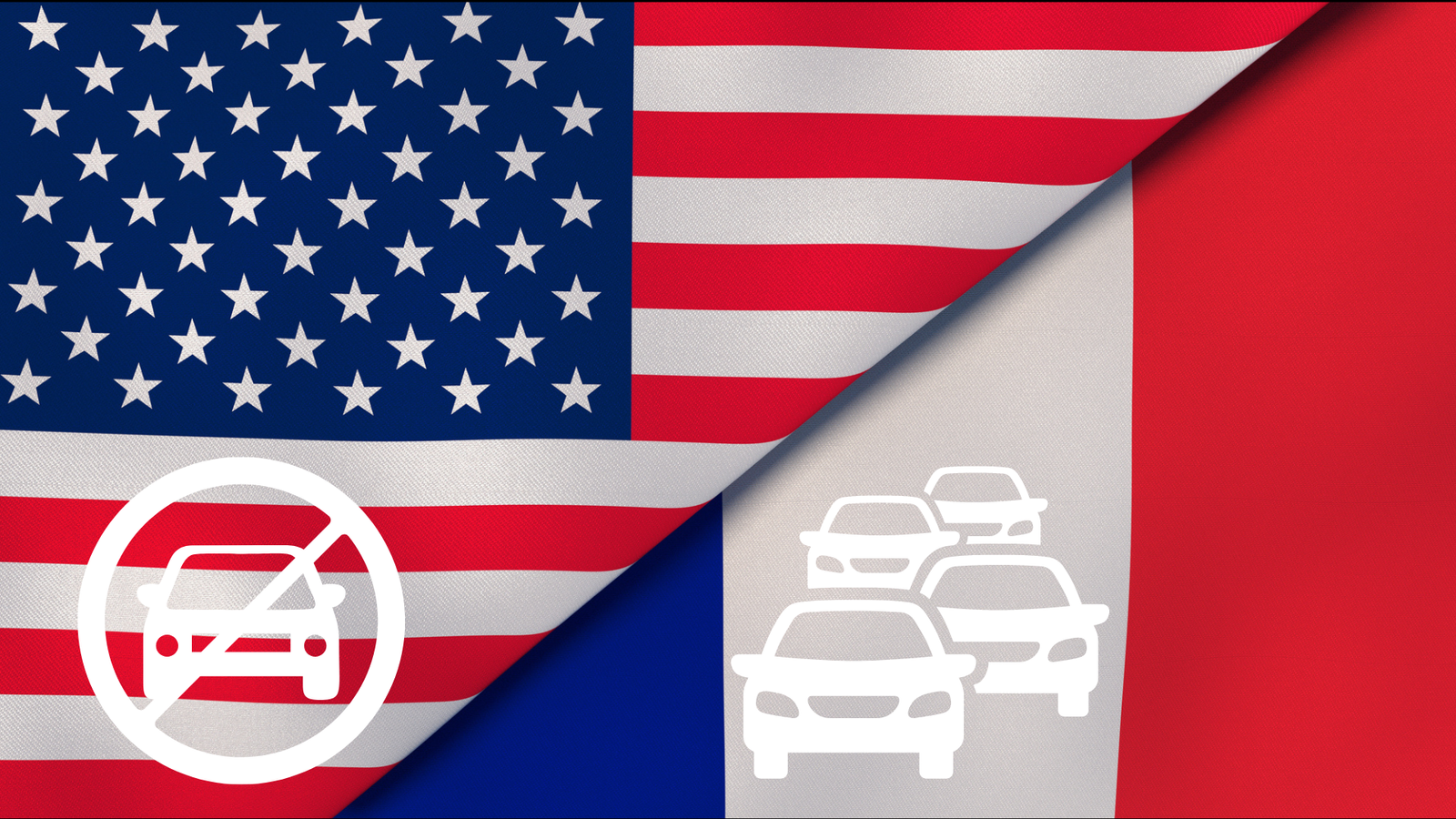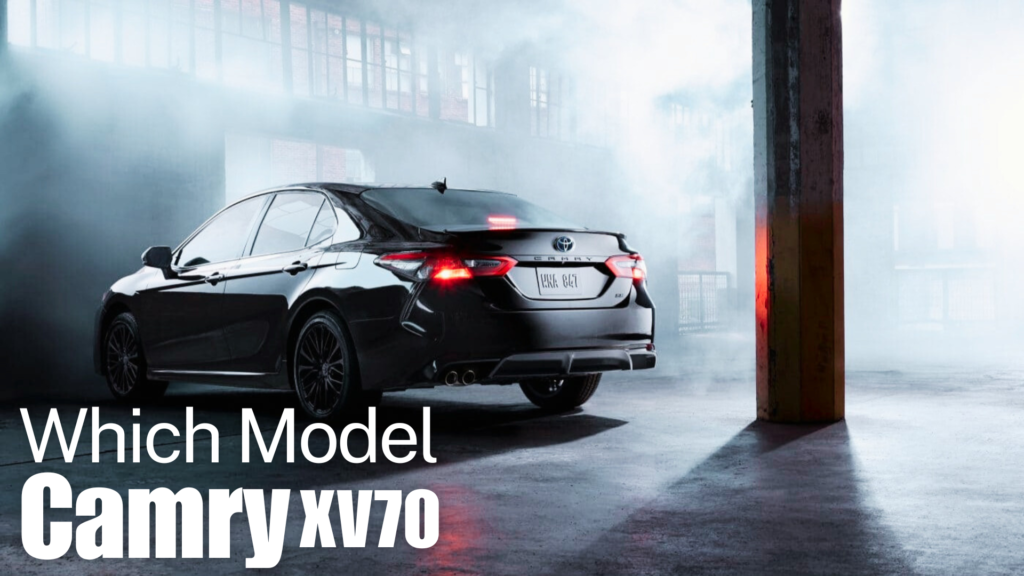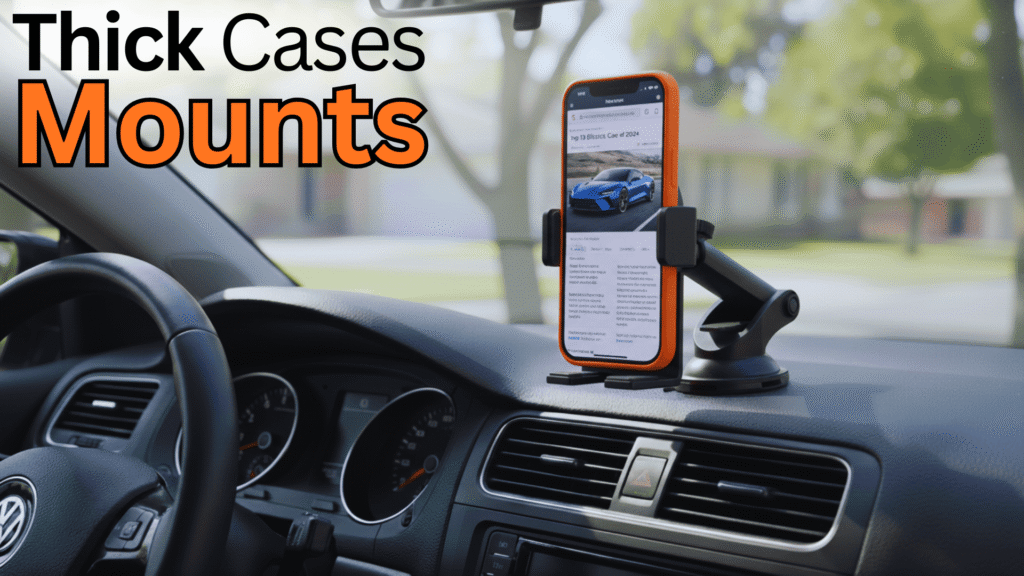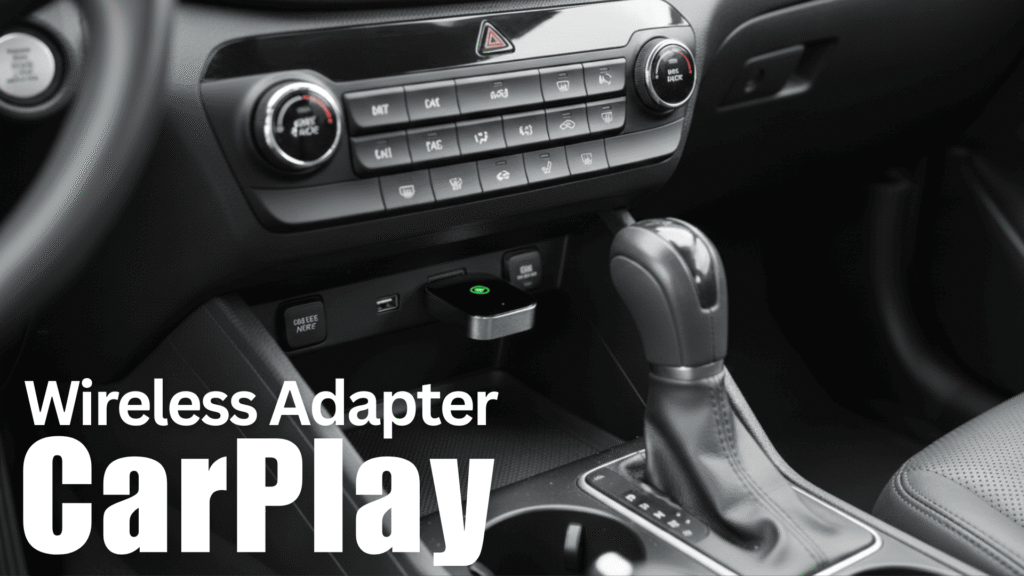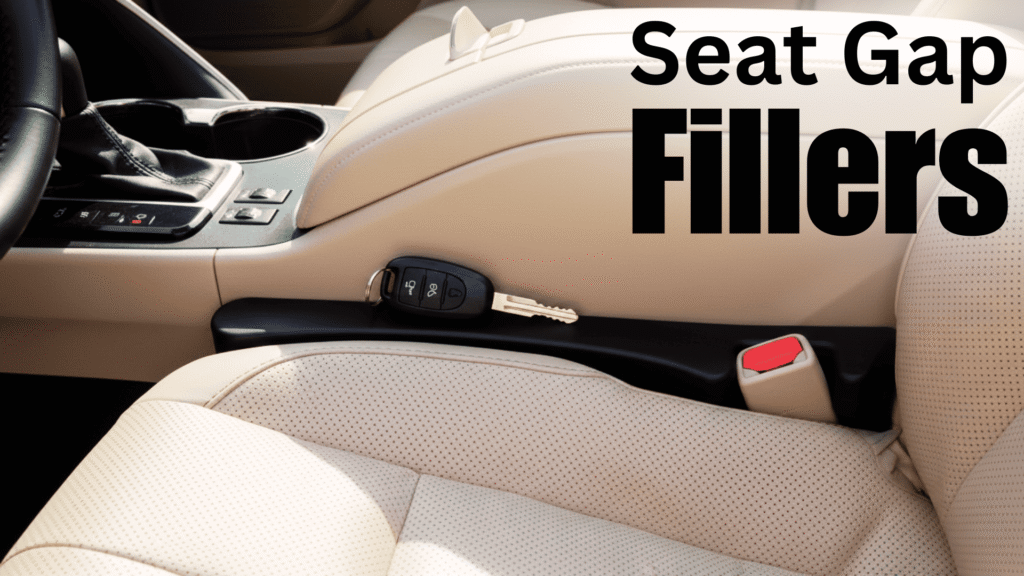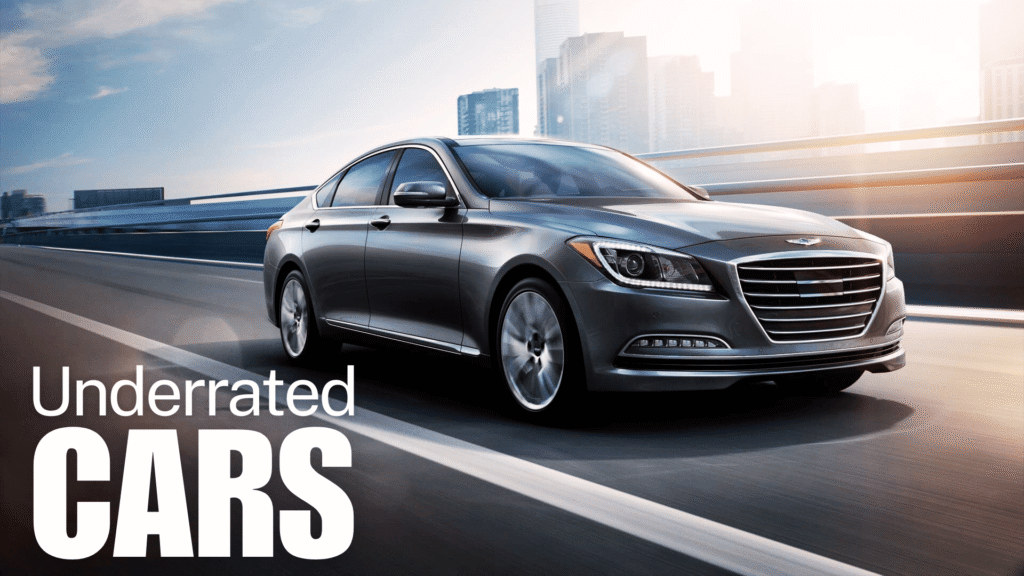Many consumers might wonder why well-known French car brands like Renault and Peugeot are absent from American dealerships. Despite their popularity and innovative designs in Europe, these brands face numerous challenges preventing them from capturing a significant share of the US automotive market.
To answer that question we have to consider many factors including regulatory hurdles, historical attempts, economic factors, and consumer preferences. We will try answer as much as we can in this article.
French car brands like Renault, Peugeot, and Citroën have a strong presence in Europe, known for their innovative designs, affordability, and comfort. Yet, they remain absent from American dealerships. This absence is not a coincidence but a result of multiple factors, including regulatory hurdles, past failures, consumer preferences, and economic challenges.
In this article I will try to answer why French automakers have failed to establish a foothold in the US market.
Challenges French Automakers Face in the US Market
Consumer Preferences and Brand Perception
American consumers have historically favored larger vehicles such as SUVs, trucks, and muscle cars—segments dominated by domestic manufacturers like Ford, GM, and Dodge, as well as Japanese brands like Toyota and Honda.
French automakers, on the other hand, traditionally focus on compact hatchbacks and small sedans, which do not align with the American taste for spacious, high-powered vehicles. While Peugeot and Renault have expanded into SUVs and crossovers in recent years, they would still face an uphill battle against entrenched competitors with loyal followings.
Additionally, French brands suffer from a weak image in the US. Unlike in Europe, where Renault and Peugeot are household names, American consumers associate France with luxury goods like perfumes and fashion rather than automobiles. This lack of brand recognition further diminishes their appeal.

Fierce Competition from Established Brands
Breaking into the American market requires competing against dominant automakers that have well-established customer bases, service networks, and marketing power. Companies like Ford, GM, Toyota, Honda, and Hyundai have spent decades perfecting their supply chains, dealer networks, and brand loyalty.
For a new brand to enter, it would require enormous investments in marketing, dealerships, and service networks to even stand a chance—a gamble that French manufacturers have been reluctant to take.
Past Attempts and Failures of French Brands in the US
French automakers have a long and troubled history in the US. Renault attempted to enter the market in the 1950s but failed to gain traction. Their most significant push came in the 1980s when Renault acquired a controlling stake in American Motors Corporation (AMC).
The partnership led to some notable models like the Renault Alliance and Renault Encore, but due to poor reliability, changing market trends, and financial struggles, Renault sold its AMC stake to Chrysler in 1987 and left the US market entirely.
Similarly, Peugeot withdrew from the US in 1991 after years of weak sales, and Citroën had already abandoned the market by 1974. Their failures created a perception that French cars were not suited for American roads, discouraging future attempts at re-entry.
Regulatory and Safety Hurdles
The US has some of the strictest automotive regulations in the world, with unique crash safety standards and emissions laws that differ significantly from European requirements.
For a French automaker to sell cars in the US, they would need to redesign vehicles to comply with:
- NHTSA safety standards (including crash tests and airbag regulations)
- EPA emissions standards (stricter than those in Europe)
- Americanized design preferences (such as automatic transmissions and larger cup holders)
These modifications would require heavy R&D investments, and with no guaranteed sales success, French manufacturers have chosen to focus on markets where compliance is simpler and more cost-effective.
The Cost of Market Entry
Launching a car brand in the US requires billions of dollars in investment. French automakers would need to:
- Establish manufacturing plants in North America to avoid import tariffs
- Build a nationwide dealership and service network
- Spend heavily on marketing and brand awareness
- Ensure parts availability for servicing and repairs
The massive financial risk involved has deterred French automakers from attempting a US comeback.
Economic Barriers: Currency Fluctuations & Tariffs
French carmakers also face economic hurdles, including:
- Fluctuating exchange rates, which can impact pricing and profit margins
- Tariffs on European cars, making French vehicles less competitive against domestic and Asian brands
- Costly compliance with American labor and environmental regulations
These factors make the US a difficult market to justify entering, especially when French brands can focus on more profitable regions with fewer barriers.
How Japanese Brands Succeeded Where French Brands Failed
The contrast between Japanese and French automakers in the US is striking. Brands like Toyota, Honda, and Nissan succeeded due to:
- Early market entry (Toyota and Honda entered the US in the 1960s, giving them time to build a reputation)
- Relentless focus on reliability and fuel efficiency
- Investing in local manufacturing (reducing costs and avoiding tariffs)
- Adapting to American tastes (introducing larger vehicles, trucks, and SUVs)
French brands, by comparison, never committed to the US market with the same level of dedication, leading to their continued absence today.
Would French EVs Have a Better Chance in the US?
With the rise of electric vehicles (EVs), one might wonder if French brands could use this transition to re-enter the US market. Companies like Renault have strong EV lineups in Europe, but entering the US EV market presents additional challenges:
- Tesla dominance: Any newcomer would face stiff competition from Tesla, which has a stronghold on the US EV market.
- Charging infrastructure: Unlike Tesla and major US automakers, French brands do not have an established charging network.
- Consumer hesitation: Many Americans still prefer hybrid or gasoline-powered vehicles, meaning an all-EV lineup might struggle to gain traction.
While possible, a French EV comeback in the US remains unlikely due to these factors.
Final Thoughts: Will French Automakers Ever Return to the US?
Given the massive challenges outlined above—from regulatory barriers and economic risks to weak brand recognition and fierce competition—French automakers have little incentive to return to the US. Their resources are better spent on strengthening their foothold in Europe, Asia, and emerging markets.
Unless a radical shift occurs in consumer preferences or trade policies, American drivers are unlikely to see Renaults, Peugeots, or Citroëns at their local dealerships anytime soon.
If you’re keen on checking out more about French cars, you should definitely read this article titled “The Ultimate French Showdown: Peugeot, Citroën, and Renault Explained.” It’s a great deep dive into these brands. While you’re here, feel free to browse our site for detailed car reviews, smart buying tips, and the latest news in the auto world. And don’t forget to save our homepage for updates down the line!
- Best Car Interior Cleaning Kits: Make Your Cabin Look New
- Which XV70 Camry Year Should You Buy? A Tested Guide
- Magnetic Phone Mounts & Mounts for Thick Cases: That Actually Work!
- Best Wireless CarPlay Adapters for Older Cars
- Best Seat Gap Fillers for Leather Seats
- The Most Underrated Cars — Hidden Gems You Should Actually Consider
*Disclaimer: This website provides automotive content for informational purposes only and should not be considered professional advice. While we strive for accuracy, we do not guarantee the reliability or suitability of any vehicle or product mentioned—always conduct your own research before making purchasing decisions. Additionally, some links on this site are affiliate links, meaning we may earn a commission if you make a purchase, at no extra cost to you.

